
OR
#OPINION
Brewing Insights: AI's Journey Through Nepalese Research Landscape
Published On: April 10, 2024 08:30 AM NPT By: Priya Chhetri

More from Author
For us Nepalese, tea or coffee time in the mornings is intimate for many reasons, one being a gateway to profound contemplation. On a Sunday morning, as I sipped my freshly brewed coffee, I opened my laptop to ChatGPT for a brainstorming session for an upcoming project. As I began to dip deeper I began contemplating on my reliance on artificial intelligence and its implications. As someone deeply immersed in the world of qualitative research, I've always been intrigued by the potential of AI. During my time conducting market research, the limitations were palpable: reaching a handful of people when hundreds were necessary, grappling with scheduling conflicts, and trudging through the quagmire of data collection and analysis. The goal was always clear—actionable insights—but the path was fraught with obstacles.
This reflection isn't confined to my experiences alone. It echoes a broader sentiment in fields reliant on qualitative research, hinting at a stagnation that seemed insurmountable. Yet, amidst this backdrop of limitation, what if the constraints of our traditional methods could be transcended? What if AI could enable us to engage with thousands instead of dozens, capturing the nuanced perspectives that shape policy and public opinion? “My tenure with an NGO in Nepal, where reaching the underserved was as challenging as it was crucial, only deepened this curiosity” said Dr.Tashi W. Gurung.
Dr.Tashi W. Gurung, a cultural anthropologist whose work in the remote regions of Mustang, Nepal, epitomizes the essence of dedicated research. In Mustang, where the internet is a luxury and isolation is common, Dr. Gurung's commitment to capturing every word and insight from his respondents is not just admirable—it's essential. His experiences, laden with the challenges of ensuring that no critical insight is lost to time or technology, offer a poignant glimpse into the traditional tapestry of qualitative research.
Our discussions, sparked by a shared curiosity and concern, delved into the potential of AI in revolutionizing our field. Dr. Gurung's perspective was illuminating. Despite the logistical and technological hurdles inherent in his work, he saw in AI a beacon of hope—a tool that could democratize access to information, bridge linguistic divides, and perhaps most importantly, ensure that the voices of the most marginalized were heard.
Yet, as we conversed over cups of coffee, the narrative wasn't solely one of optimism. The concerns were tangible: Could AI truly replicate the depth of human inquiry? Would it be able to navigate the intricate dance of follow-up questions and empathetic engagement that researchers like Dr. Gurung and I hold sacrosanct? These questions lingered, mingling with the aroma of our coffee, as we pondered the future of our field in an AI-augmented world.
The narrative took a fascinating turn with Dr. Prajwal Paudyal, a luminary in the realm of artificial intelligence, whose insights have shaped the strategies of tech giants and startups alike. Our conversation, a melding of curiosity and expertise, ventured into the intricacies of generative AI—the revolutionary force behind the current wave of AI democratization.
Dr. Paudyal, with the patience of a seasoned educator, unraveled the complexities of AI, likening its learning process to 'compression'—a method where vast models distill the essence of global knowledge into the most parsimonious framework to predict and generate responses. This explanation, though steeped in technicality, was a revelation. It underscored not just the operational mechanics of AI but its profound potential to scale and enrich our understanding, transcending the barriers of language and geography.
Echoing Dr. Gurung's sentiments, Dr.Paudyal emphasized AI's role in fostering inclusivity and expanding the horizon of qualitative research. The conversation, however, wasn't devoid of pragmatism. The digital divide, particularly pronounced in regions like Nepal, loomed large in our dialogue. Could AI bridge this chasm, enabling researchers to glean insights from the remote corners of Kathmandu or Mustang without the logistical labyrinth of traditional methods?
Dr.Paudyal's response was cautiously optimistic. While acknowledging the current limitations, he painted a picture of a future where AI could serve as an intermediary, not to replace the nuanced understanding of seasoned researchers but to amplify their reach and inclusivity. He envisioned a scenario where a researcher in London could gain authentic insights from a Nepali-speaking household in Kathmandu, an endeavor that would otherwise require an arduous assembly of multilingual teams and extended timelines.
Our discussion veered towards the practical, exploring the landscape of tools like Qualz.ai, which stood as testaments to the tangible strides being made in ethical AI research. These tools, as Dr.Paudyal elucidated, weren't mere technological marvels but beacons of a paradigm shift, where AI's role transcends automation, venturing into realms of empowerment and enlightenment.
As our conversation wound down, the resonance of our discourse lingered. The enthusiasm was palpable yet tempered by a recognition of the challenges that lay ahead. Regulation, ethical considerations, and the imperative to bridge the digital divide formed the crux of our reflections. These weren't abstract issues but real-world hurdles that needed to be navigated with care, diligence, and a profound commitment to the ethical deployment of AI.
In this tapestry of technological promise and ethical contemplation, my journey as a journalist found a new narrative. It wasn't just about chronicling the advancements in AI but delving into the heart of its impact on society, culture, and the very fabric of human interaction. As I penned down my thoughts, the path ahead seemed fraught with challenges yet brimming with possibilities—a narrative in the making, where technology and humanity converge in a quest for inclusive, ethical progress.
You May Like This
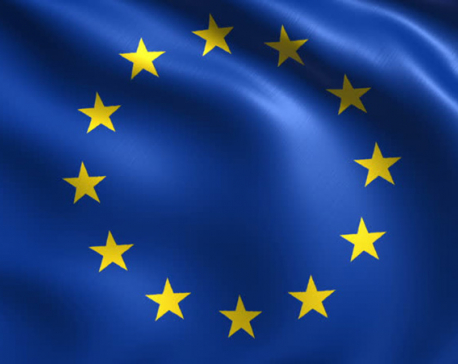
EU to resume negotiations on world's first AI law on Friday
BRUSSELS, Dec 8: The European Union failed to clinch a deal Thursday on a sweeping law on artificial intelligence after... Read More...

Educating Beyond the Bots
The current discourse about artificial intelligence not only reflects a narrow view of education. It also represents romanticization of, or... Read More...

Preventing digital feudalism
Threat posed by artificial intelligence and other technologies lies in how they are being designed and deployed ... Read More...

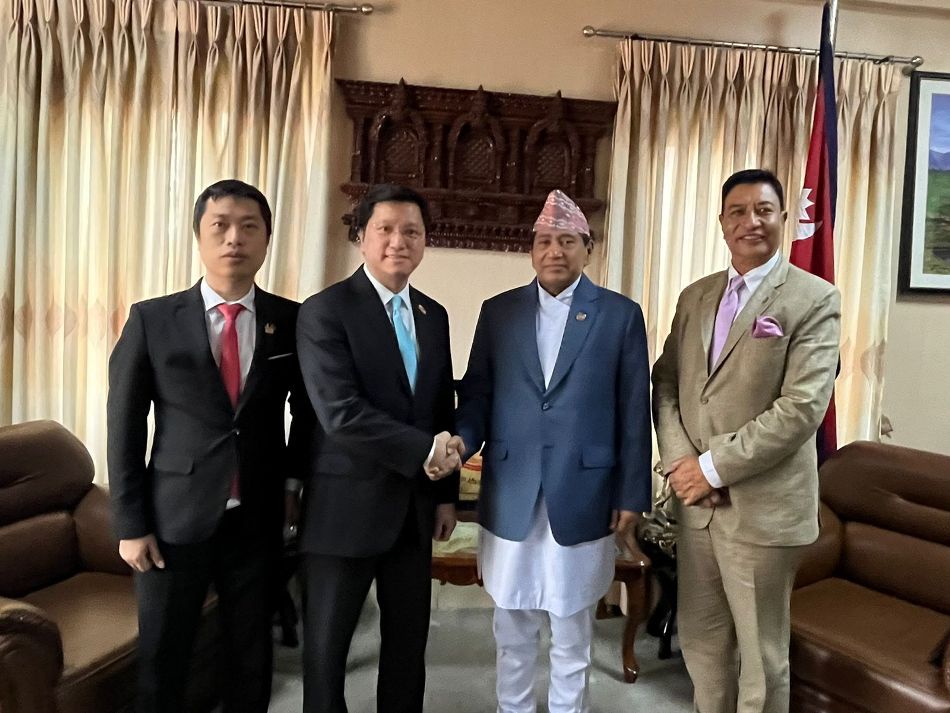
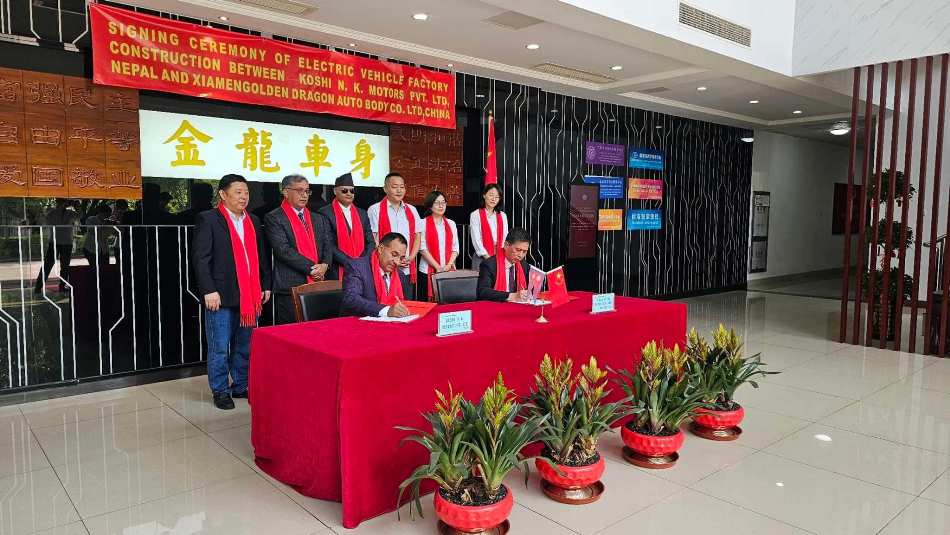

Just In
- Nepal and Vietnam could collaborate in promotion of agriculture and tourism business: DPM Shrestha
- Govt urges entrepreneurs to invest in IT sector to reap maximum benefits
- Chinese company Xiamen investing Rs 3 billion in assembling plant of electric vehicles in Nepal
- NEPSE inches up 0.07 points, while daily turnover inclines to Rs 2.95 billion
- Gandaki Province reports cases of forest fire at 467 locations
- Home ministry introduces online pass system to enter Singha Durbar
- MoLESS launches ‘Shramadhan Call Center’ to promptly address labor and employment issues
- Biratnagar High Court orders Krishna Das Giri to appear before court within one month in disciple rape case



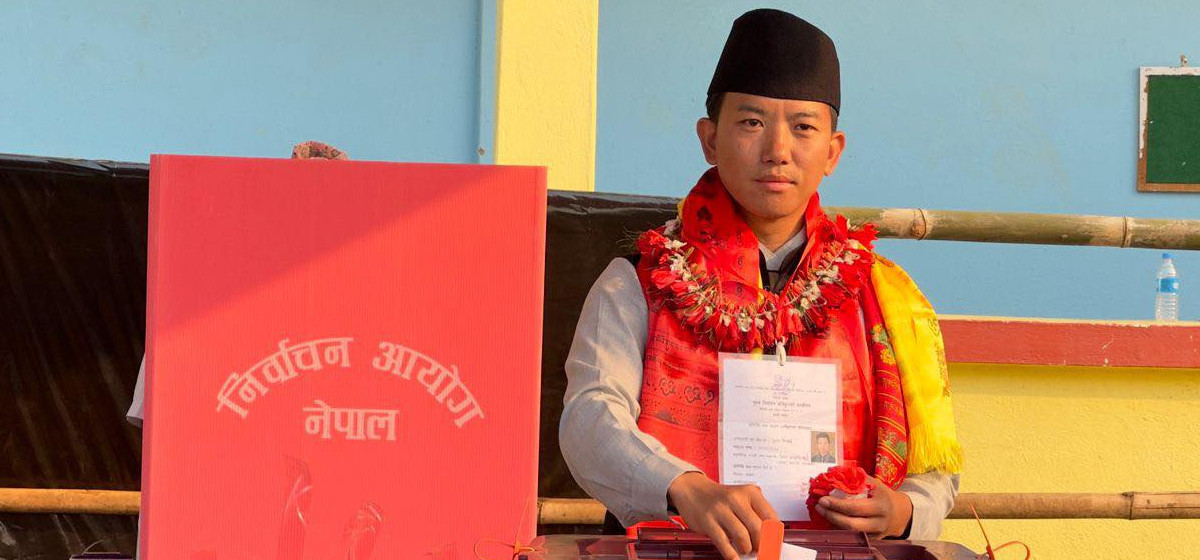
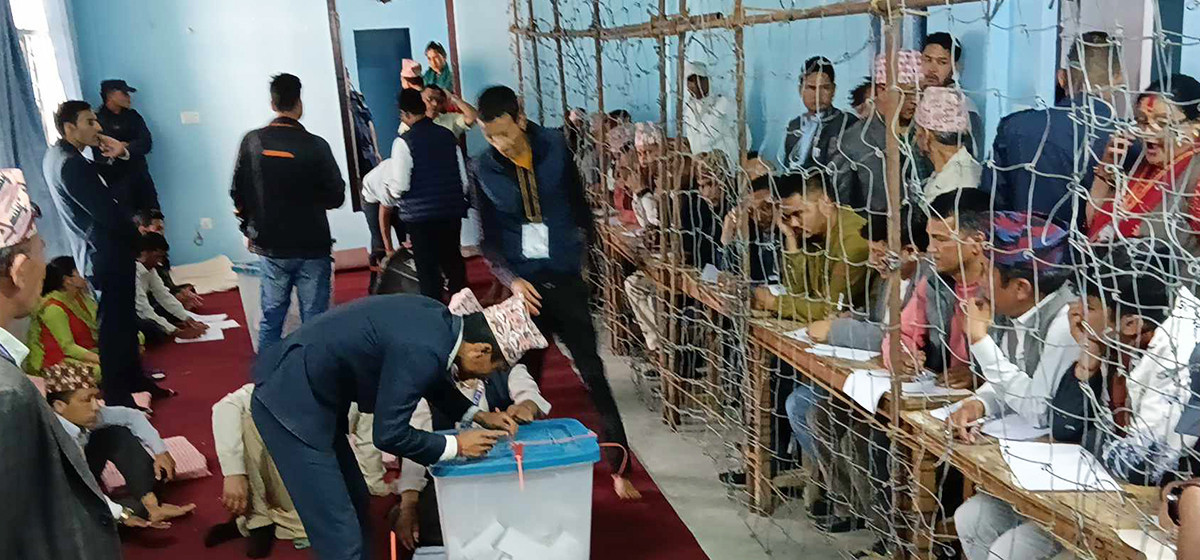
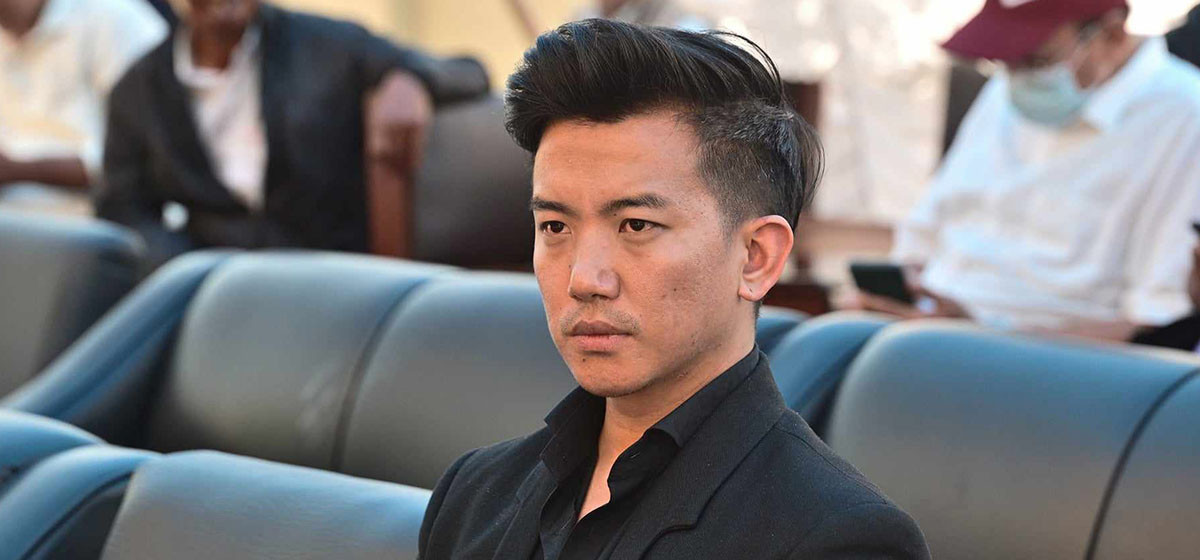

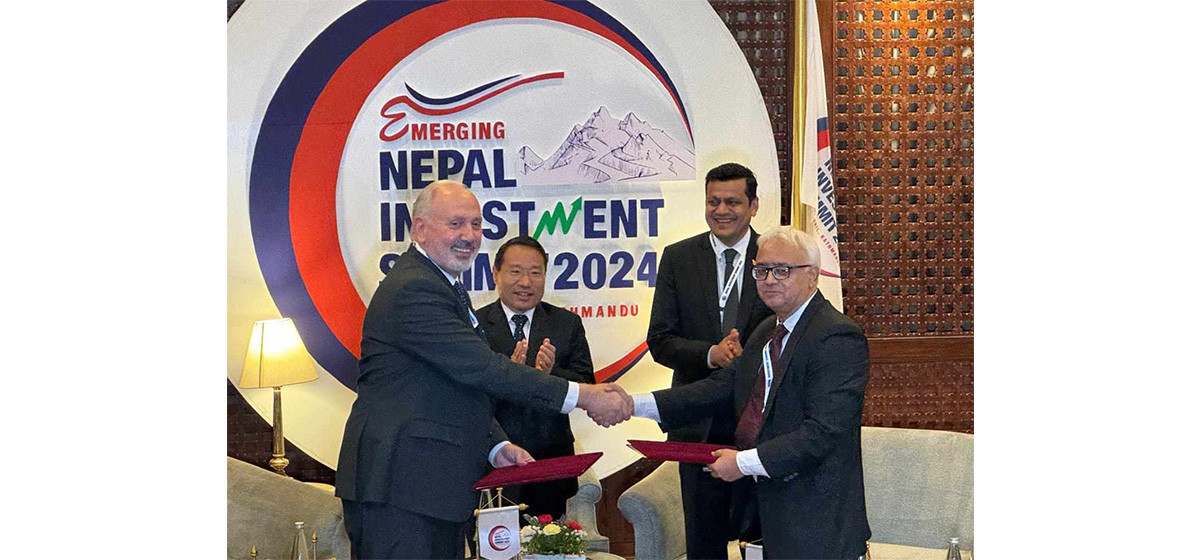
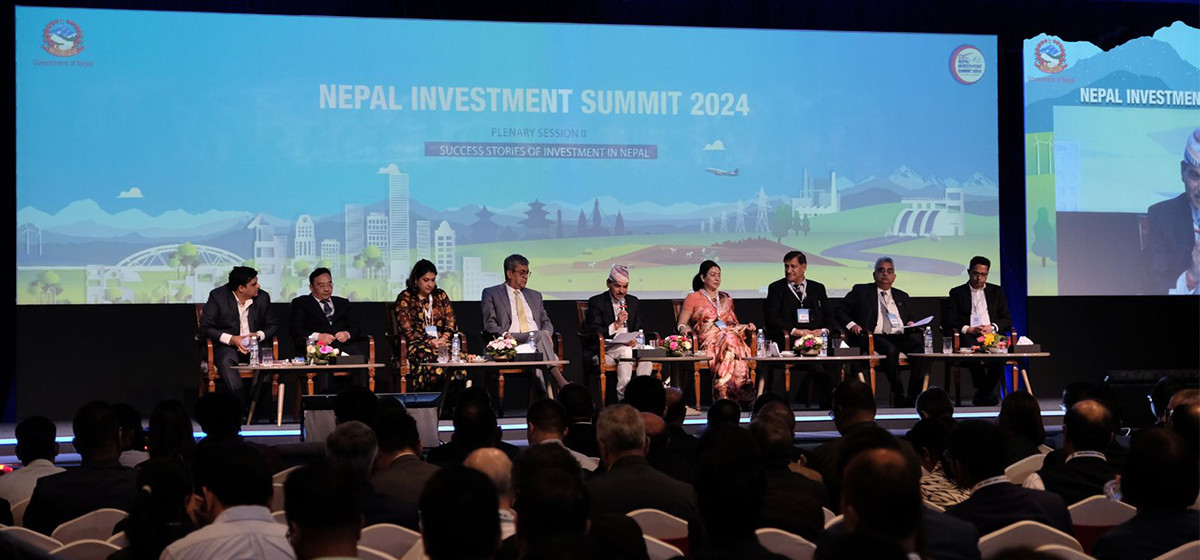


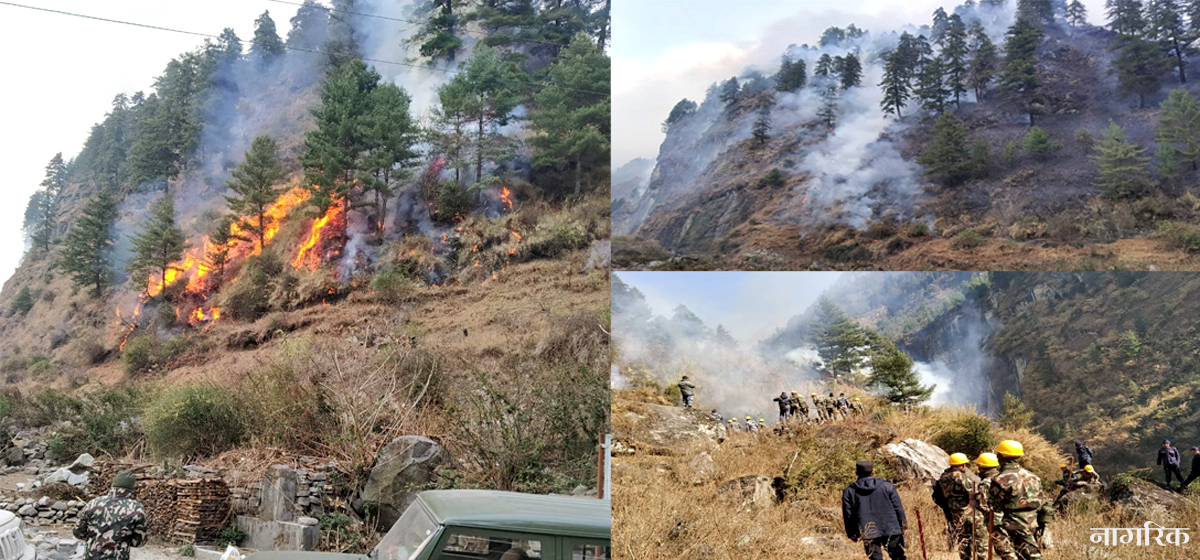
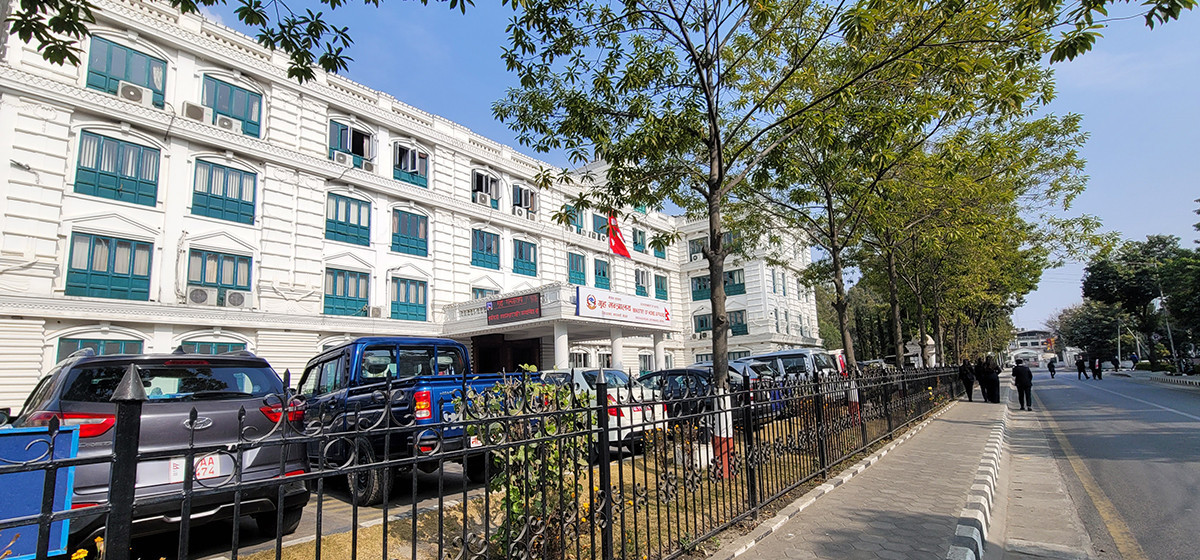
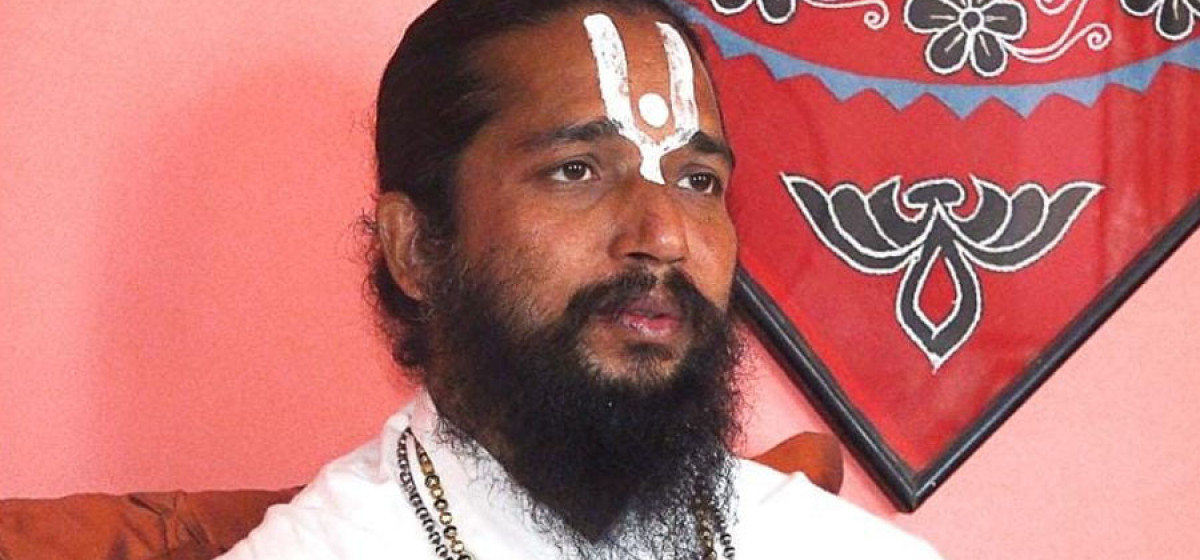
Leave A Comment